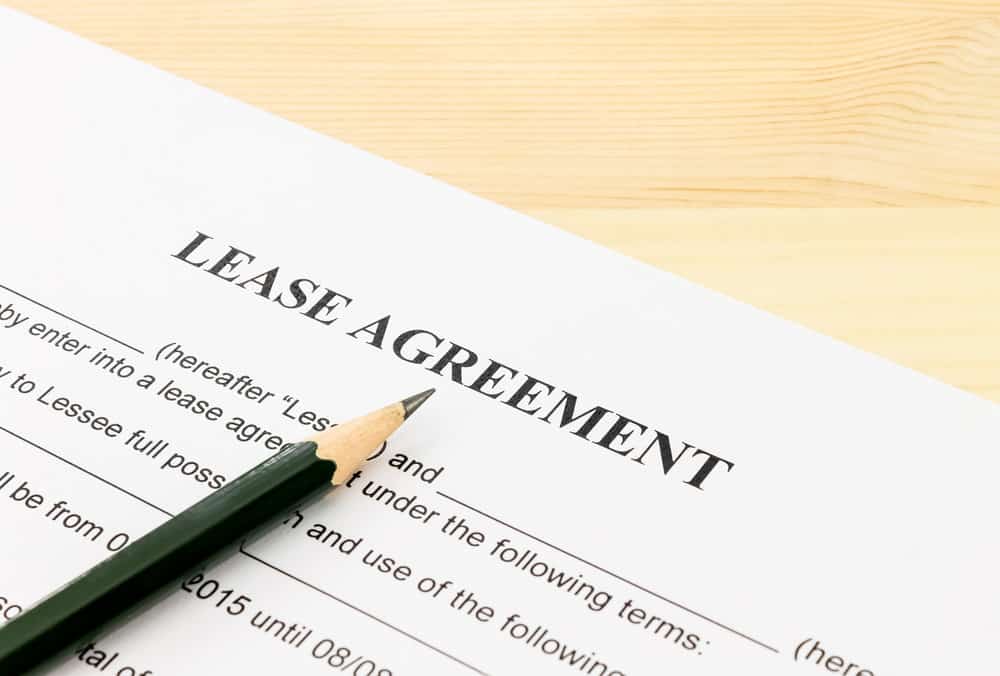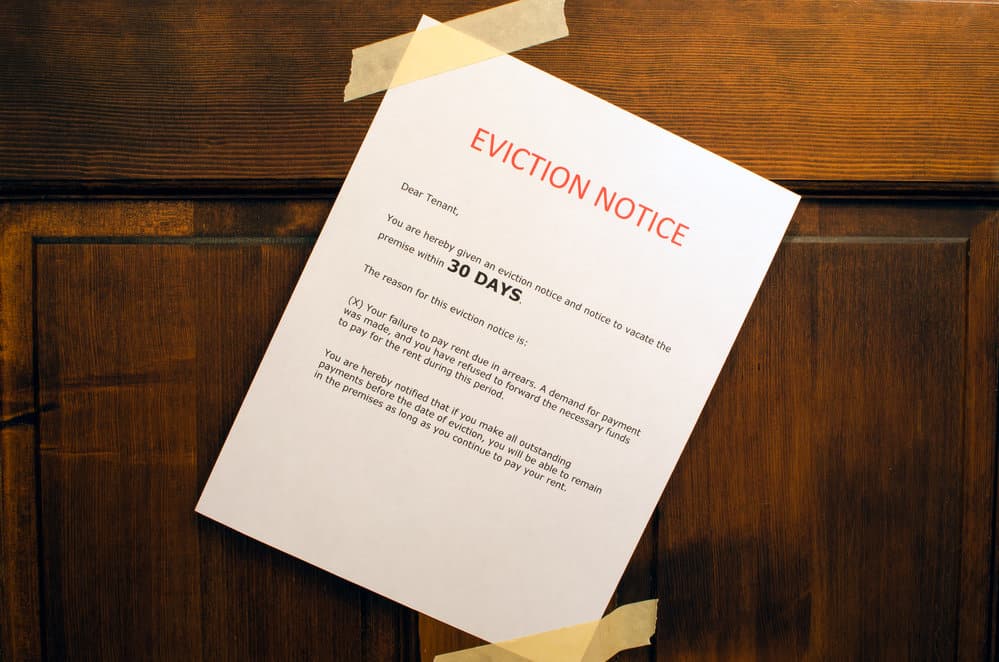Illegal eviction is surprisingly common in the US. As a tenant, you must know how to identify illegal eviction and what to do when claiming illegal conviction compensation. Each state has a specific legal eviction process that must be followed before evicting a tenant. The steps in the process must be followed exactly as written. Otherwise, it is a wrongful eviction. In the case of illegal landlord actions, the tenant may be eligible for compensation, including attorney fees, court costs, or actual money damages.
What Is An Illegal Eviction?
Illegal eviction does not follow your state’s exact eviction process requirements of the applicable landlord-tenant law. Most states require a landlord to do the following to evict a tenant lawfully:
- Send a termination notice to the tenant. These include a Pay or Quit Notice, Cure or Quit Notice, or Unconditional Quit Notice. The names may vary slightly in your state. Read the notice carefully to see what the landlord is demanding.
- For a Pay or Quit Notice, the landlord demands payment or leaves the premises within a set number of days before filing the eviction with the court.
- A Cure or Quit notice requires a tenant to fix a situation (cure) or leave the property. Examples include smoking or a barking dog.
- An Unconditional Quit Notice does not offer the tenant any option except to move out.
- If the tenant fails or refuses to pay or cure by the date listed, then the landlord can file an eviction lawsuit.
- After filing the lawsuit, the tenant has time to respond to the complaint and summons.
- If the court agrees that the eviction is lawful, the next step is a judgment for possession.
- The final step is the removal of the tenant. The landlord has to do this with the assistance of law enforcement.
The time required for each step differs by state of residency, but the process is similar. If the landlord rushes or takes the matter into their own hands (such as locking out a tenant or removing a tenant’s personal belongings), then it is an illegal eviction.

What to Do If You’re Illegally Evicted
Find safe emergency accommodations
If a landlord locks you out of your home or makes it unsafe for you to stay, you need a safe place to stay until the matter is resolved legally. Family or friends may shelter you. In some cases, you may need to stay in a shelter until you find permanent living quarters. If the eviction is illegal, you may be entitled to compensation for these costs, but the process can take months.
Keep all correspondence and communication with the landlord.
This includes a copy of the lease and any notices you have received. If you tore up a notice, keep the pieces. Also, keep track of any phone calls or other communication. Write down the date, time, who you spoke to, and what was said.
Get legal assistance.
Contact a lawyer if you have one. Friends and family may have recommendations. You can also find law firms on your state bar association’s web page. Many also have a number you can call. Another alternative is free legal assistance. Ask your local library or non-profits in your community for recommendations.
When To Claim Eviction Compensation
You can sue your landlord for compensation for an illegal eviction in several situations. These include a wrongful eviction that does not follow the process defined by your state’s law, trespassing, assault, battery, libel, slander, or intentional infliction of emotional distress. If you withhold rent until a health or safety issue is resolved, eviction is illegal. There are other forms of eviction such as discriminatory eviction, retaliatory eviction, and eviction of a protected tenant.
How To Claim Illegal Eviction Compensation
Getting a court order from a judge to stop the eviction in the process is possible. An illegal eviction constitutes irreparable harm, and you may get injunctive relief. Injunctive relief is when a judge orders a landlord to stop doing something that harms a tenant. This might be harassment, removing a door, turning off utilities, etc.
Summary
If a landlord evicts a tenant illegally, then the tenant can sue for damages. The amount of compensation and legal process varies from state to state, so you must contact a tenant rights lawyer or legal aid society to initiate the process.



